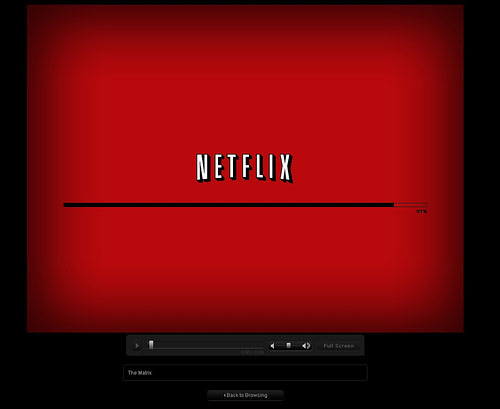
Netflix wants them all. From the biggest studio to the smallest, Netflix has begun to expand its “watch it now” streaming video section with hopes of reaching agreements with all the major studios. Unfortunately, HBO, which owns the internet rights to several Warner Bros., Twentieth Century Fox and Universal movies, has no plans of giving up those rights.
Recently, Netflix announced that it was planning on expanding its online library. The first move was to renegotiate deals with the studios, including one that cost Netflix Warner Bros’ new releases for one month (as part of the deal, Blockbuster will retain one month exclusive rights to new releases) in return for greater access to the Warner Bros. online catalog.
Then last week Netflix announced that it had reached a deal with Epix that would expand the libraries of movies released by Paramount, Lionsgate and MGM. The deal would further develop the streaming library that also includes movies from Disney, Sony and many more.
But one jewel that seems to have slipped out of Netflix’s hands is HBO, who have rebuked Netflix’s advances.
Bloomberg is reporting that HBO is currently working on its own online streaming video site, called HBO Go, which will directly compete with Netflix for the growing online movie market. The service is expected to launch within six months, and it will be free to current subscribers. No word yet on what the cost will be for new viewers.
Once HBO Go is up and running, he service will offer over 800 hours per month of HBO’s movie and TV shows. The service will first be offered to customers of Comcast and Verizon Communications.
The battle lines have been drawn.


